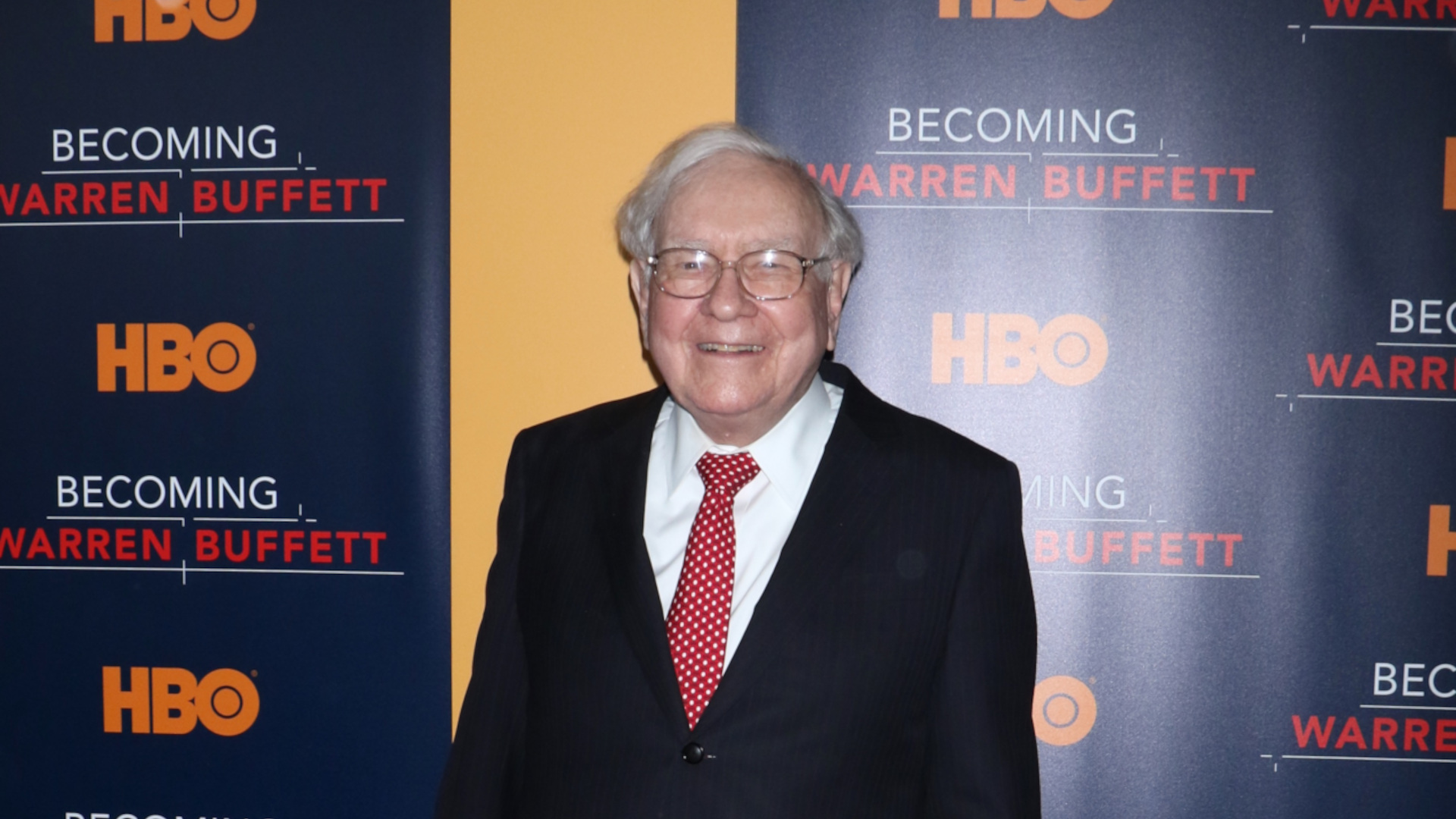Gregory Pace / Shutterstock / Gregory Pace / Shutterstock
- 6 Signs Your Spending Habits Is Setting You Up for Financial Ruin
- Layin’ It on the Line: 2025 financial outlook – How to build a safe and sustainable retirement plan | News, Sports, Jobs
- Five ways to (finally) kickstart your financial plan
- 10 experts predict what’s next for investing in 2025
- How Advisors Can Differentiate Themselves From Generative AI Advice
Commitment to Our Readers
GOBankingRates’ editorial team is committed to bringing you unbiased reviews and information. We use data-driven methodologies to evaluate financial products and services – our reviews and ratings are not influenced by advertisers. You can read more about our editorial guidelines and our products and services review methodology.

20 Years
Helping You Live Richer
Bạn đang xem: Warren Buffett’s Best Advice To Help Those Wasting Money


Trusted by
Millions of Readers
Warren Buffett, one of the world’s greatest investors, has long offered timeless financial wisdom that can transform the way people manage their money. By focusing on the “bigger picture,” his advice emphasizes financial discipline, intentional spending and long-term thinking, all of which are key to breaking wasteful habits.
Avoid Lifestyle Inflation
Buffett has famously avoided the trap of lifestyle inflation. He lives in the same house he bought in 1958, for example, and frequents McDonald’s for breakfast.
Andrew Lokenauth, financial expert who has held former positions at JP Morgan, Goldman Sachs and Citi, said, “Your spending shouldn’t increase just because your income does.”
When people get raises or bonuses, their first instinct is often to upgrade their lifestyle — bigger houses, fancier cars or extravagant purchases. But as Lokenauth explained, “The smart move is to keep living like you did before and put that extra money into savings or investments.”
This allows you to grow wealth faster without falling into the trap of paycheck-to-paycheck living. Treat raises as opportunities to fund retirement accounts, build emergency savings or invest.
Buy Quality When It’s Discounted
Buffett is a strong advocate for buying things that last, not cheap items that constantly need replacing — but he recommends waiting to buy when the things you need are on sale or you have a coupon.
“Quality items might cost more upfront, but they save you money over time,” Lokenauth added. For instance, instead of buying $20 shoes that wear out in months, invest in durable alternatives that hold up for years.
Xem thêm : Exploring the Evolving Landscape of Retirement and Pension Planning in India
Stephen Greet, CEO of BeamJobs, shared a similar perspective: “When making purchases, always evaluate whether they provide long-term value. Instant gratification rarely pays off.”
By prioritizing value over convenience, you avoid wasting money on things that quickly lose their worth.
Live Below Your Means
The pressure to “keep up with the Joneses” often leads people into unnecessary spending, subscriptions or debt. And that, Buffett said in the 2008 Berkshire Hathaway annual meething, “leads to all kinds of problems.”
Greet emphasized aligning spending with true priorities. “Categorize your expenses into essentials, like housing and utilities, and non-essentials, like subscriptions and dining out.”
Lokenauth offered a few ways to track and cut unnecessary spending:
- Make a budget and stick to it.
- Cancel unused subscriptions.
- Use cash instead of credit cards to control impulse purchases.
If you find yourself tempted to spend, ask yourself: “Is this purchase for me, or am I trying to impress others?” Buffett himself drives a modest car, proving that status symbols are often just money drains.
Invest In Yourself
Buffett recommended that students read 500 pages per day to build their knowledge and has named investing in yourself as one of the best investments you can make. Whether it’s learning new skills, advancing your education or boosting your financial literacy, investing in yourself has lifelong returns.
“Your skills and knowledge are your best investments,” said Lokenauth.
Xem thêm : Should cryptocurrency have a role in retirement planning?
Greet agreed, sharing how a commitment to continuous learning shaped his career. “Financial literacy — through books, workshops or expert advice — empowers individuals to make informed decisions.”
Spend on courses, books or certifications that grow your earning potential. Skills can’t be taken away and pay off far more than material possessions.
Save First, Spend Later
One of Buffett’s best lessons is to “spend what is left after saving” — commonly known as “pay yourself first.”
Lokenauth recommended automating your savings. “Put aside money as soon as you get paid, before you have the chance to spend it.”
He suggested aiming for 20% of your income, treating savings like any other monthly bill. This habit ensures that you’re building wealth consistently, regardless of how much you earn.
Many employers allow you to set up automatic transfers from your pay into a high-yield savings account or investment fund.
Watch Out for Small Expenses
While Buffett doesn’t necessarily advocate for “extreme frugality,” he does recommend keeping track of your small expenses.
“Little costs add up to big money over time,” Lokenauth added.
Things like daily coffee runs, takeout or unused gym memberships may seem insignificant, but over months or years, they drain your finances. Buffett likens these expenses to “small leaks that sink a big ship.”
Lokenauth suggested finding ways to reduce small, unnecessary spending, such as packing lunches or brewing coffee at home.
Buffett’s advice isn’t about restricting your life — it’s about making smarter, intentional choices to transform your financial future and stop wasting money on things that don’t matter. Start today, and your future self will thank you.
Nguồn: https://horizontalline.icu
Danh mục: News









